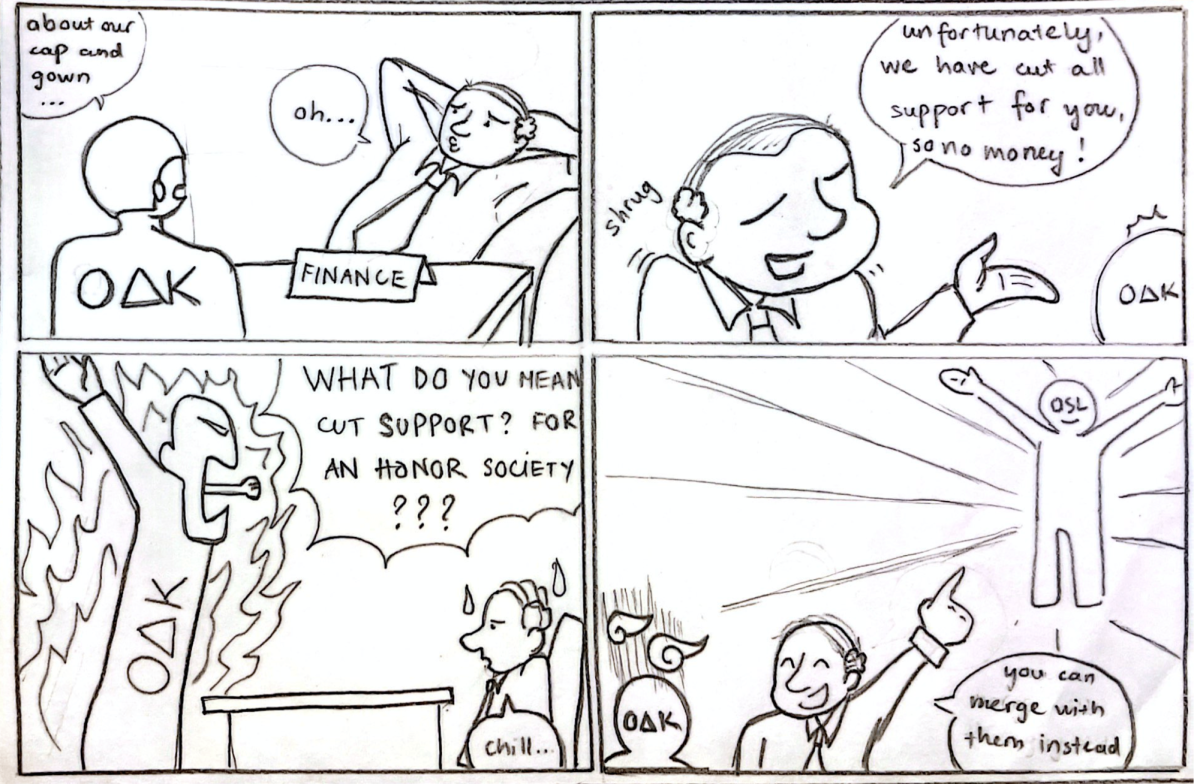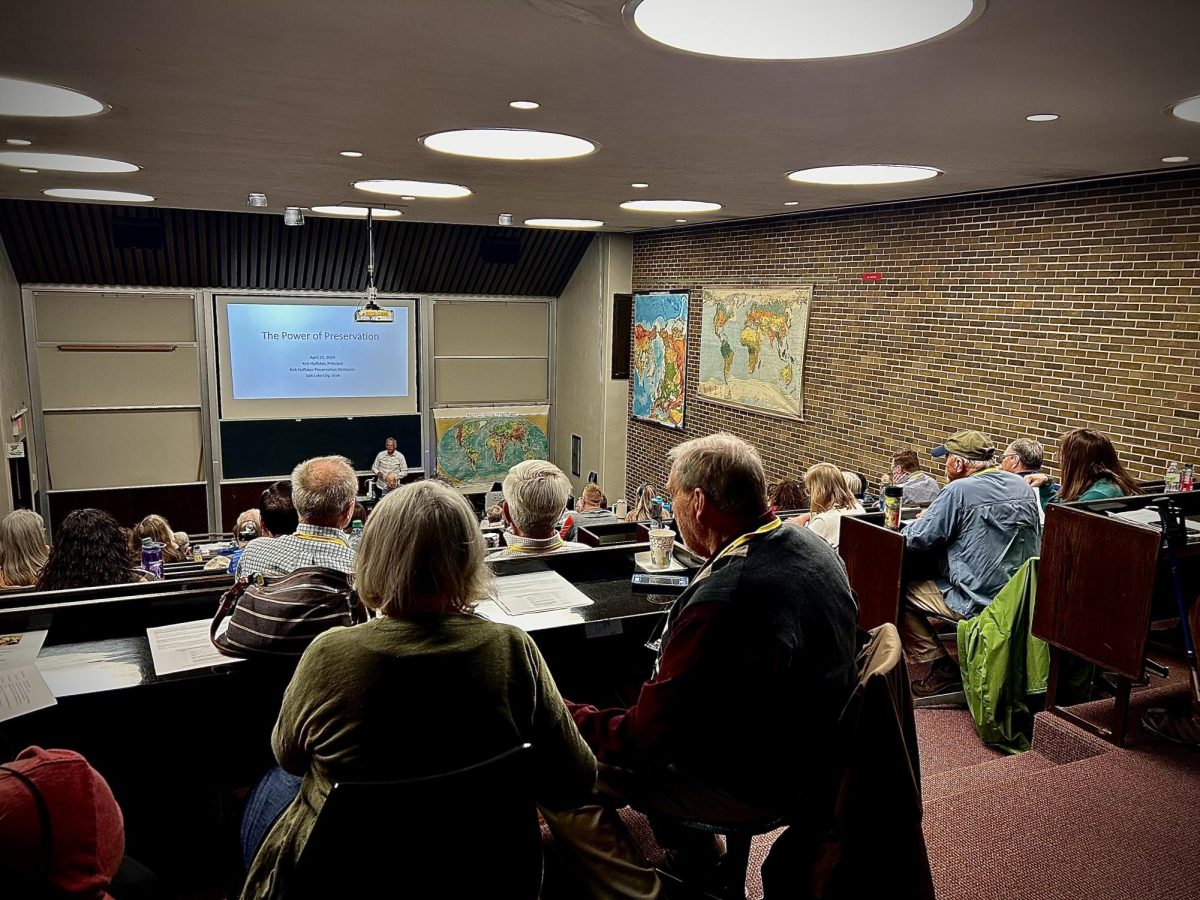Greek Life pledging season is well underway at Augie, and many eager, ambitious students are preparing themselves to enter into one of the many social fraternities and sororities on campus.
At the same time, active members of those groups are preparing to welcome their “pledges” to Greek Life with a healthy dose of traditional pledging and initiation activities.
Many in our campus community recognize these as foundational experiences that promote fellowship and fraternity among new members. Others maintain that pledging activities are nothing but nuisances that threaten the safety and well-being of Augustana, especially with the sometimes ambiguous lines drawn between good fraternal fun and hazing.
Since as early as the eighteenth century, American Greek groups have maintained a formal system of passing down their individual ideals, represented in traditions, symbolism, and values.
The purpose of these systems, generally called “pledging,” is to ensure that new members completely understand what is most important to that group and are capable of passing on those ideals to future members.
For example, in my own fraternity of Phi Mu Alpha Sinfonia, our pledging process is our formal way of passing down the definitive information about our fraternal symbolism, such as our letters and colors. It is also our way of promoting brotherhood and familiarity among our members.
Pledging activities are also part of why one joins Greek Life to begin with, as these are often the most secret aspects of any Greek organization. To be in a kind of “secret solidarity” with a group of people is a privilege Greeks can only attain by going through pledging and initiation.
Understanding the context of hazing from a historical perspective is also important. Before there was standardization, Greek groups were often given freedom to mold their own definition of acceptable activities.
For example, in the early twentieth century, both World Wars happened. These wars introduced previously unheard-of brutality to students who enlisted.
Veterans who became members of Greek groups wanted pledging members to be in solidarity with their own experiences of tragedy, war and loss, and thus created hazing-based activities. Due to the tradition that is so often stressed among Greek groups, these brutal activities were pervasive from year to year.
Yet the word misguided cannot be stressed enough when talking about hazing in Greek groups. The National Panhellenistic Conference as well as the governing bodies of a myriad of national Greek groups has made significant strides in just the past 20 years in expanding the definition of hazing as unacceptable activity and condemning those responsible for it.
They, as well as I, feel that those who explicitly haze their incoming members are attempting to pass on their ideals in a misguided way.
There have been historic instances where Greek groups have been misguided in their practices and hazed pledging members. This is perhaps the biggest area of concern among pledging opponents. Augustana’s own history with the subject has been explored in recent stories featured in this publication.
My hope is that you’ll find enough information here to have a better understanding about why you’ve been hearing the chants of Greek pledges echo across the hills of our fair campus. Indeed, Greek pledging has been a tradition at Augustana for decades and should be, at very least, respected as an avenue of student life.








































































































